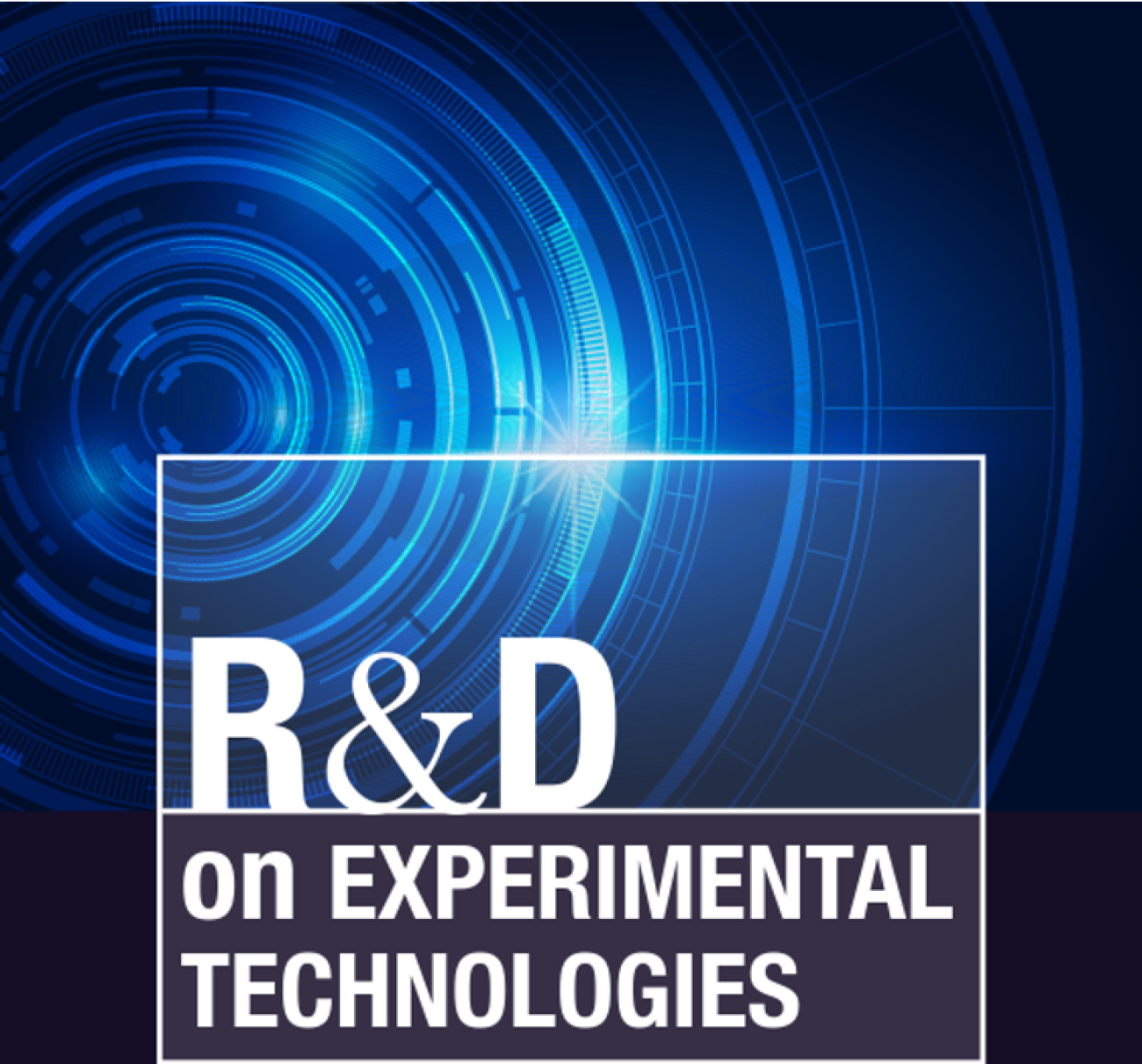Pushing the Frontiers of Detector Innovation: EP R&D Programme

The Experimental Physics (EP) R&D programme at CERN continues to serve as a cornerstone for technological innovation in particle physics, developing the next generation of detector systems that will empower future discoveries. Launched in 2020, the programme supports the long-term vision of high-energy physics, contributing to key experiments such as the HL-LHC upgrades and future colliders like FCC-ee, FCC-hh, and CLIC.
Guided by the 2020 update of the European Strategy for Particle Physics—which charts a path toward an electron-positron Higgs factory followed by a 100 TeV proton-proton collider—the EP R&D programme is at the forefront of technological readiness. It brings together expertise in detector components, readout electronics, advanced cooling, superconducting magnet systems, and cutting-edge software solutions to meet the demands of these ambitious projects.
In 2024, the programme made substantial progress across its twelve work packages (WPs), which span a wide range of technological domains: from silicon and gaseous detectors to calorimetry, ASIC design, high-speed data transmission, data acquisition systems (DAQ), software and computing, mechanical design, and superconducting magnet technologies. These developments are captured in the newly released 2025 EP R&D Annual Report (available HERE), which highlights how these collective efforts are shaping the future of experimental physics.
EP R&D Day 2025 – Sharing Innovation Across the Department
Looking ahead, the EP R&D Day 2025 will take place on 7 May, offering a valuable opportunity for EP Department personnel to connect, exchange knowledge, and celebrate the progress of the programme.
This year’s event will include a series of presentations offering a high-level overview of the twelve work packages. Attendees can expect updates on advances in silicon and gas detector technologies, calorimetry systems, integrated circuit development, software innovation, DAQ systems, and the latest breakthroughs in superconducting magnets. Special attention will be given to how these technological advances support strategic future collider initiatives such as the HL-LHC, FCC-ee, FCC-hh, and CLIC.
A highlight of the day will be the poster session during the lunch break, dedicated to showcasing the contributions of early-career researchers involved in the EP R&D programme. Up to 60 posters will be accepted on a first-come, first-served basis, featuring in-depth work on novel detector concepts, simulation methodologies, front-end electronics, and AI-enhanced data processing.
To celebrate and encourage excellence, two poster prizes will be awarded to the most impactful contributions, offering visibility and recognition to the programme’s rising talents.
As CERN prepares for its next generation of experiments, the EP R&D programme continues to be a driver of innovation, collaboration, and scientific excellence—ensuring that the tools of discovery are as advanced as the questions they aim to answer.
Further information and registration: https://indico.cern.ch/event/1524303/overview
